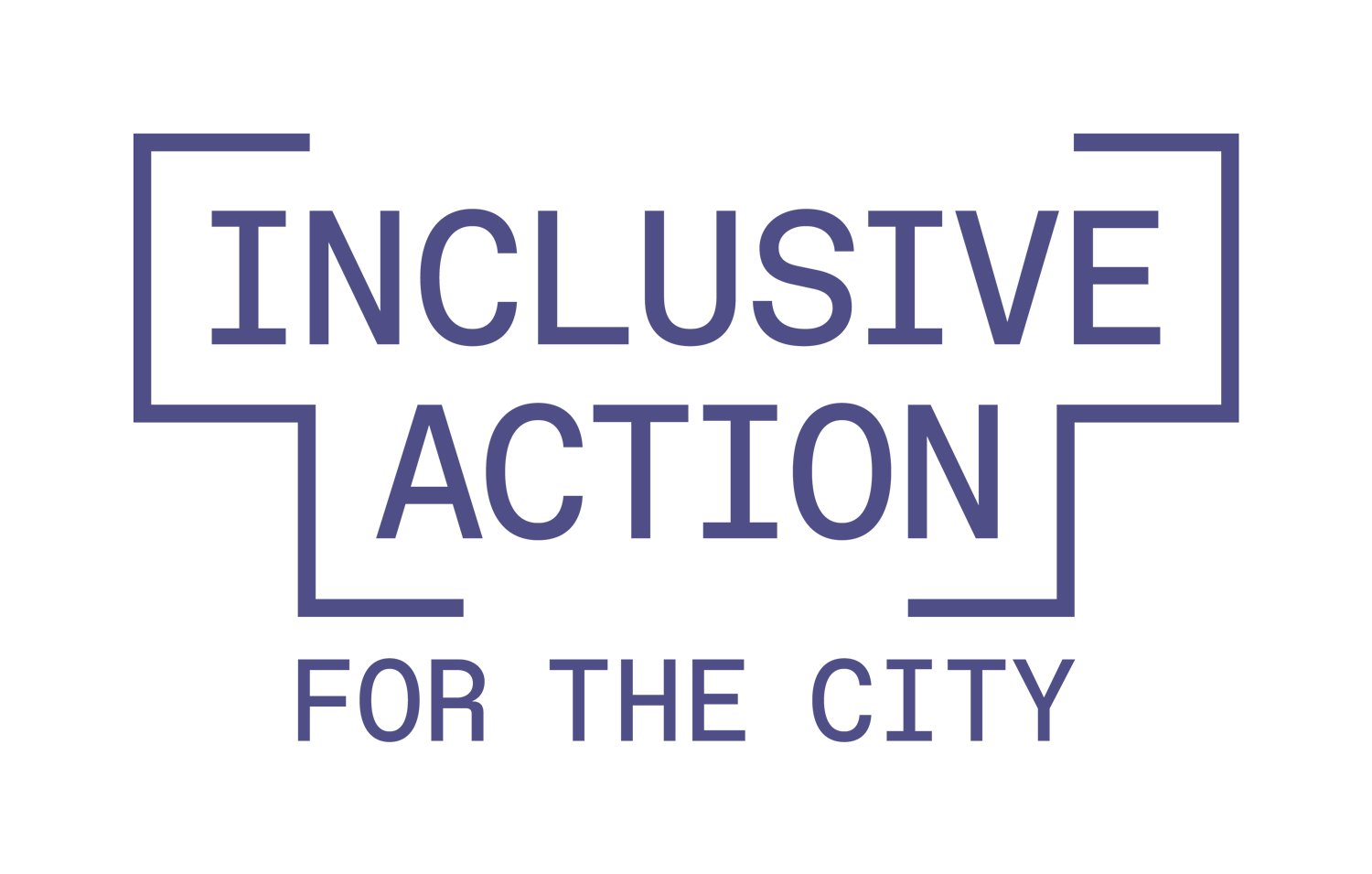Small Business, Big Impact: an invitation to the next Mayor of Los Angeles to support small businesses
By The Small Business Alliance for Equitable Communities
Small businesses are the beating heart of every community. They are what make our neighborhoods feel intimate, and what makes each street feel uniquely Los Angeles. With rising rent prices, inflation, and the burdensome permits and licenses needed to keep a small business afloat in this city, we are in danger of losing the shops, restaurants, and markets that make us who we are.
In this 2022 article, Prince Osemwengie, a Policy Associate of Inclusive Action for the City writes, “In addition to the economic toll of COVID-19 on small businesses, systemic challenges such as limited access to financial institutions and the associated capital, lack of access to information on public programs and financial products, exclusionary regulations on eligible business types and applicants for financial products and public resources, and neglect from private and public agencies, … exacerbate their situation.”
To tackle these challenges, the Small Business Alliance for Equitable Communities (SBAEC), a Los Angeles County-based economic advocacy coalition focused on supporting BIPOC, women, and immigrant-owned small businesses, was created. SBAEC has launched an advocacy effort, collecting stories from small business owners to elevate the issues they face and hope the next Mayor of L.A. will address.
Small businesses in Los Angeles depend on the income they earn to support their families. Maribel Rodriguez, the owner of a local florist and party supply shop shared, “Sometimes I have to put my health issues aside to tend to my business, and my mother tells me, ‘you’re going to die for your store, then what are you going to do?’ and I say, ‘Yes mom, but if I don’t work on my business where will I earn money to bring home?’”
Maribel wants to make sure the next Mayor of L.A. remembers to look out for her and others like her who are not able to access certain government services due to their immigration status, “Don’t forget about our small businesses, and remember that not everyone has legal status, some of us don’t have any documented status…. Many small businesses did receive help [during the pandemic] but I saw that most of the people who received aid had papers, people who don’t have papers didn’t really receive help.”
Despite the easing of COVID-19 restrictions enabling small businesses to open, and an increase in local government small business relief efforts, many small businesses like Suehiro Cafe are still vulnerable to displacement. Kenji Suzuki’s mother and aunt opened Suehiro Cafe 50 years ago in 1972 as a way to share the Japanese comfort food from home they were missing with Los Angeles. Kenji took over as the owner in 2001 after his mother retired and during the pandemic he lost her to COVID-19. Kenji and the other small businesses in Little Tokyo feel that they are always on the verge of being displaced. He shared with SBAEC, “People on this block that have original landlords are for the most part month-to-month, and have accepted it because they’re all in the same boat…. We don’t know if we’re going to get kicked out, but then we don’t get kicked out, until it actually happens.”
Mirna Cortez, a sidewalk vendor in South Los Angeles tells the next Mayor of LA, “They should support us and help us in our efforts to acquire permits so that in the future we can comply with what they are asking of us…. Our children’s livelihoods depend on us being able to go out and make our living.”
We brought these stories to the top six mayoral candidates (as ranked through this poll, since sharing, two of the candidates have dropped out of the race) to elevate the voices of BIPOC entrepreneurs who are not traditionally engaged. We asked them questions regarding displacement, incentives to help small businesses, and more. You can read their full responses here.
Maribel, Mirna, and Kenji are just some of the inspiring stories that exist here in Los Angeles. There are countless stories of micro-entrepreneurs building businesses to care for their families, promote culture, and contribute to a vibrant local economy. The Small Business Alliance for Equitable Communities hopes that the next Mayor prioritizes their voices, as well as initiatives that help them grow their businesses and stay in their communities. We know that access to capital is important, resolving commercial rent-debt is necessary for small businesses to thrive, creating new finance tools to help acquire commercial spaces are key to neighborhood preservation, and that city budgets should shift power and funding in favor of small businesses that have been long neglected in our communities.
